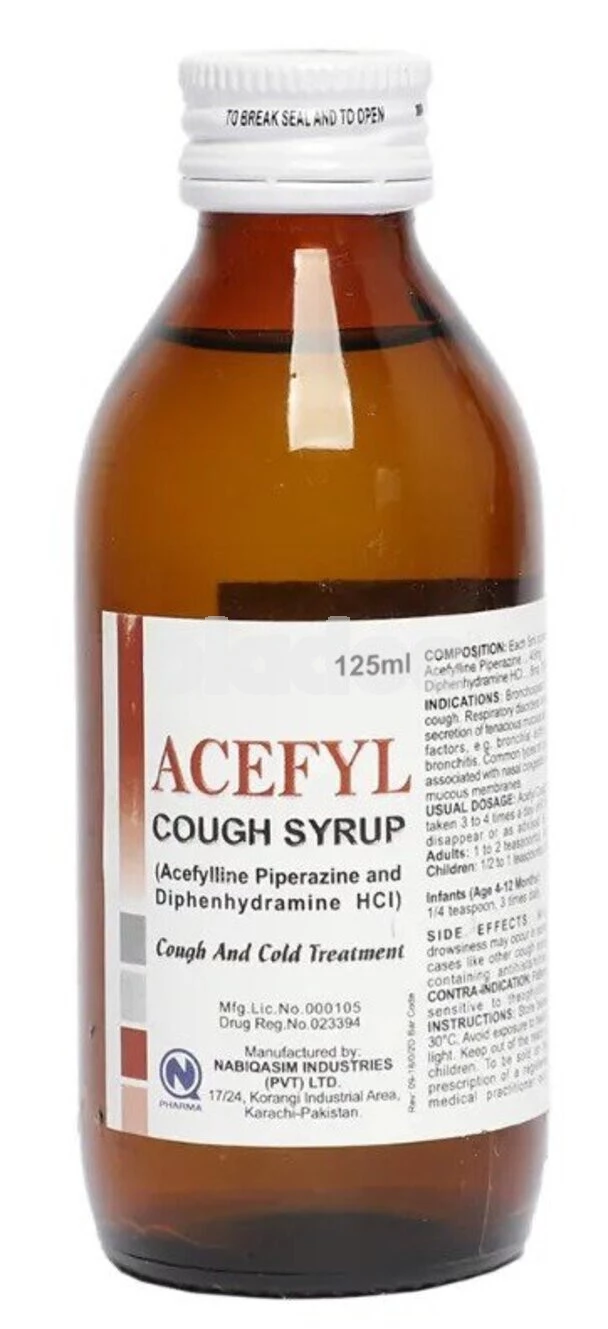Ignoring a chronic cough can be risky, as it may indicate an underlying health condition that requires prompt attention. Below we will discuss some important reasons to not ignore a chronic cough, along with the role of a thoracic surgeon in the diagnosis and treatment of chronic cough.
Table of Contents
Causes Of Chronic Cough
Following are the common causes of chronic cough:
- Chronic Bronchiectasis: A condition where the airways become abnormally widened and scarred, leading to chronic infections and cough.
- Tuberculosis Complicated: Tuberculosis can cause persistent cough and other respiratory symptoms. If not properly treated, it can become a chronic condition.
- Lung Cancer: A chronic cough can be a symptom of lung cancer, particularly in its early stages.
- Inflammatory Disorders Like Sarcoidosis: Sarcoidosis is an inflammatory disease affecting various organs, including the lungs, leading to a persistent cough.
Reasons Why You Should Not Ignore Chronic Cough
- Underlying Health Conditions: A chronic cough lasting more than 8 weeks may indicate an underlying health issue. It could indicate chronic bronchiectasis, tuberculosis, lung cancer, or inflammatory disorders like sarcoidosis.
- Early Diagnosis: A persistent cough might be the first noticeable symptom of a more serious condition. Such conditions can be better managed and treated if diagnosed at an early stage.
- Progression Prevention: Identifying and treating the root cause of the cough can prevent the condition from worsening, potentially avoiding complications or severe illness.
- Quality of Life: A chronic cough can also negatively affect your quality of life. It can have a significant impact on sleep, routine activities, and overall health. Addressing the underlying cause of chronic cough can improve your quality of life.
- Risk of Infection: Conditions like tuberculosis can spread to others if left untreated, posing a risk to family members, friends, and the community.
- Cancer Detection: A chronic cough can sometimes be an early warning sign of lung cancer. The early detection of lung cancer is important as it can significantly affect the treatment outcomes for affected individuals.
Role Of A Thoracic Surgeon
A thoracic surgeon is a healthcare professional who specializes in the surgical treatment of diseases and conditions of the lungs, heart, esophagus, and other organs in the chest. Thoracic surgeons can help reach a definitive diagnosis in cases of chronic cough that doesn’t respond to medical treatments.
They do this with the help of advanced Video Assisted Thoracic Surgery (VATS) diagnostic procedures and biopsies to avoid misdiagnosis:
- Video Assisted Thoracic Surgery (VATS): VATS is a modern approach to performing surgical procedures within the chest cavity, including lung resections, with several advantages over traditional open surgery. VATS is a minimally invasive surgical technique that utilizes small incisions and specialized instruments to access and operate within the chest cavity. It involves using a video camera (thoracoscope) inserted through one of the incisions, allowing the surgeon to visualize the surgical area on a monitor. The other small incisions serve as entry points for surgical instruments.
- Biopsy: If a lung mass is suspected to be cancerous, a thoracic surgeon might perform a biopsy to obtain a tissue sample for diagnosis. Upon confirmation of cancer in the obtained sample, a thoracic surgeon can advise and recommend surgical removal of the affected tissue through a procedure known as lung resection.
Surgical Management Options
Thoracic surgeons are trained to provide surgical intervention in cases of severe chronic cough if deemed necessary. They may perform surgical procedures such as lung resection.
Lung Resection
In conditions like lung cancer, where a portion of the lung needs to be removed, a thoracic surgeon can perform a lung resection. This involves removing the affected tissue to prevent the spread of cancer. In cases of advanced lung cancer or certain severe lung conditions, a surgical lung resection may be necessary. This involves removing a portion of the lung affected by the disease.
This procedure is done for complicated TB, chronic bronchiectasis, or CA lung with the latest technology using Video-Assisted Thoracic Surgery (VATS).
Other Treatment Options
- Medications: Depending on the underlying cause, medications such as antibiotics, anti-inflammatory drugs, or immunosuppressants may be prescribed to manage the condition.
- Physical Therapy: A pulmonary rehabilitation program can help improve lung function and reduce symptoms for conditions like bronchiectasis.
Conclusion
A chronic cough should not be ignored as it can be an early sign of a serious underlying health condition. Ignoring a chronic cough can also take a toll on you by affecting the quality of your life. Hence, it is important to consult a thoracic surgeon to rule out the possibility of conditions like lung cancer and get surgical treatment if required. Therefore, if you are experiencing a persistent cough, it is recommended to visit a thoracic surgeon at the earliest.
To book an appointment with a thoracic surgeon, you can use oladoc.com. You can also call 0518151800 to find the right doctor for your health concerns.






